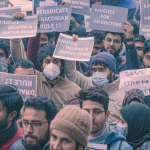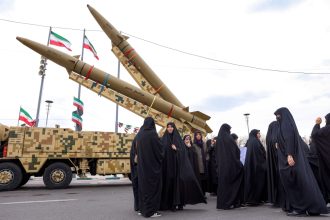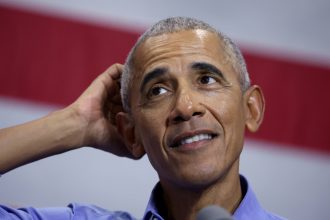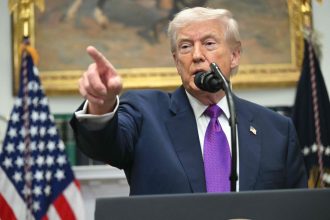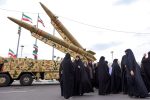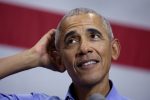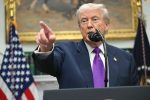Manmohan Singh, the renowned economist and former Prime Minister of India, passed away on Tuesday at the age of 92, prompting an outpouring of tributes and condolences from political leaders across the spectrum and industry stalwarts.
Prime Minister Narendra Modi described Singh as one of India’s “most distinguished leaders” in a heartfelt post on X. Modi, whose Bharatiya Janata Party (BJP) defeated Singh’s Congress-led coalition in the 2014 elections, acknowledged Singh’s contributions as a “respected economist” who left an indelible mark on India’s economic policy.
Singh’s illustrious career spanned decades, with significant milestones before he assumed the role of prime minister in 2004. He served as the Governor of the Reserve Bank of India in 1982 and as Finance Minister in 1991. It was during his tenure as Finance Minister that Singh spearheaded landmark economic reforms under then-Prime Minister P.V. Narasimha Rao. These reforms deregulated India’s economy, addressed a severe balance of payments crisis, and opened the nation to foreign investment—laying the foundation for India’s rapid economic growth in the subsequent decades.
“History will forever honor his pivotal role in the transformative 1991 reforms that reshaped India and opened its doors to the world,” wrote Gautam Adani, Chairperson of the Adani Group and one of India’s most prominent industrialists.
Singh returned to the political forefront in 2004 when the Congress-led coalition secured a sweeping victory. Sonia Gandhi, the party leader, chose him to helm the government as Prime Minister. During his tenure from 2004 to 2014, India witnessed a surge in GDP growth, enabling Singh to launch transformative social welfare programs like the National Rural Employment Guarantee Act, which provided employment to millions in rural India.
However, the latter part of his tenure was marred by slowing economic growth, stalled reforms, and corruption scandals involving government officials.
Singh also played a key role in bolstering India’s international relations, particularly with the United States. He visited the U.S. multiple times and in 2006 brokered a landmark deal with then-President George W. Bush, granting India access to U.S. nuclear technology. “Dr. Singh was one of the greatest champions of the U.S.-India strategic partnership,” the U.S. Department of State noted, praising his enduring legacy.
Beyond the U.S., Singh fostered close ties with Russia, regularly participating in the India-Russia Annual Summit and strengthening cooperation among BRIC nations. Russian Ambassador to India Denis Alipov remarked that Singh’s contributions to bilateral relations were “immeasurable.”
As India mourns the loss of a leader who shaped its modern economic and strategic trajectory, Singh’s legacy endures in the nation’s growth story and its role on the global stage.

